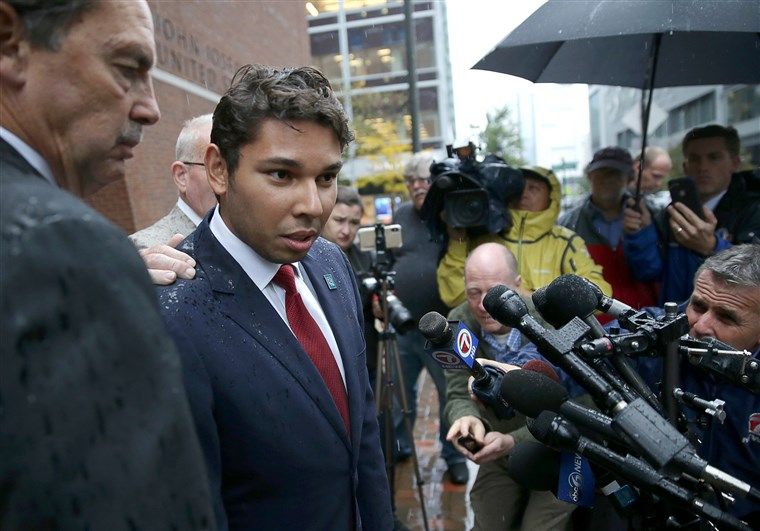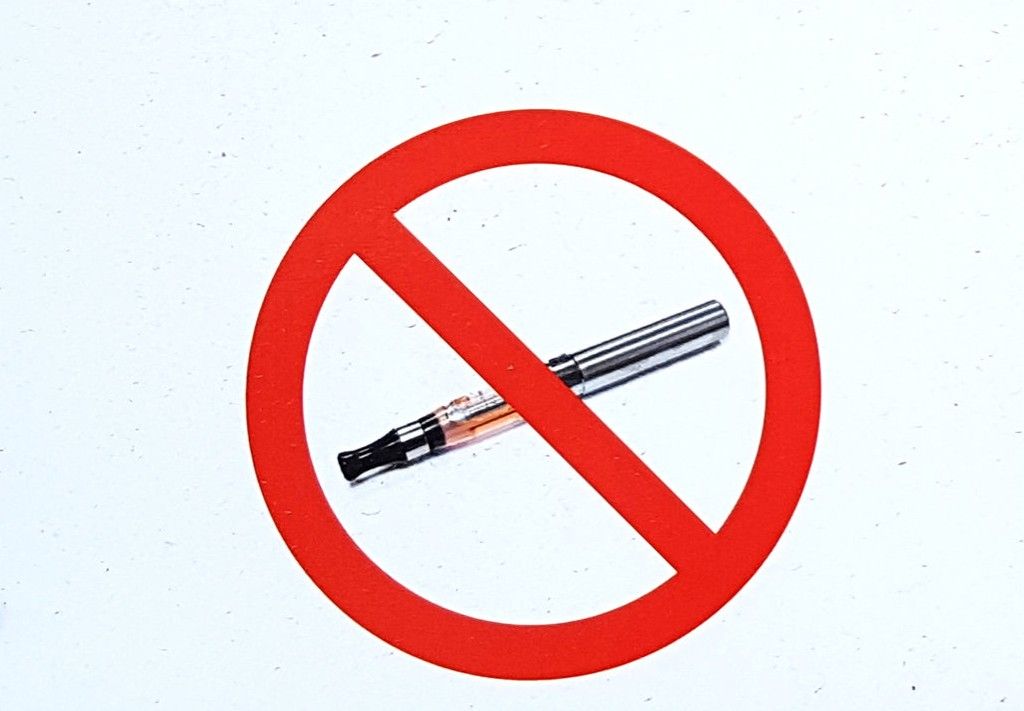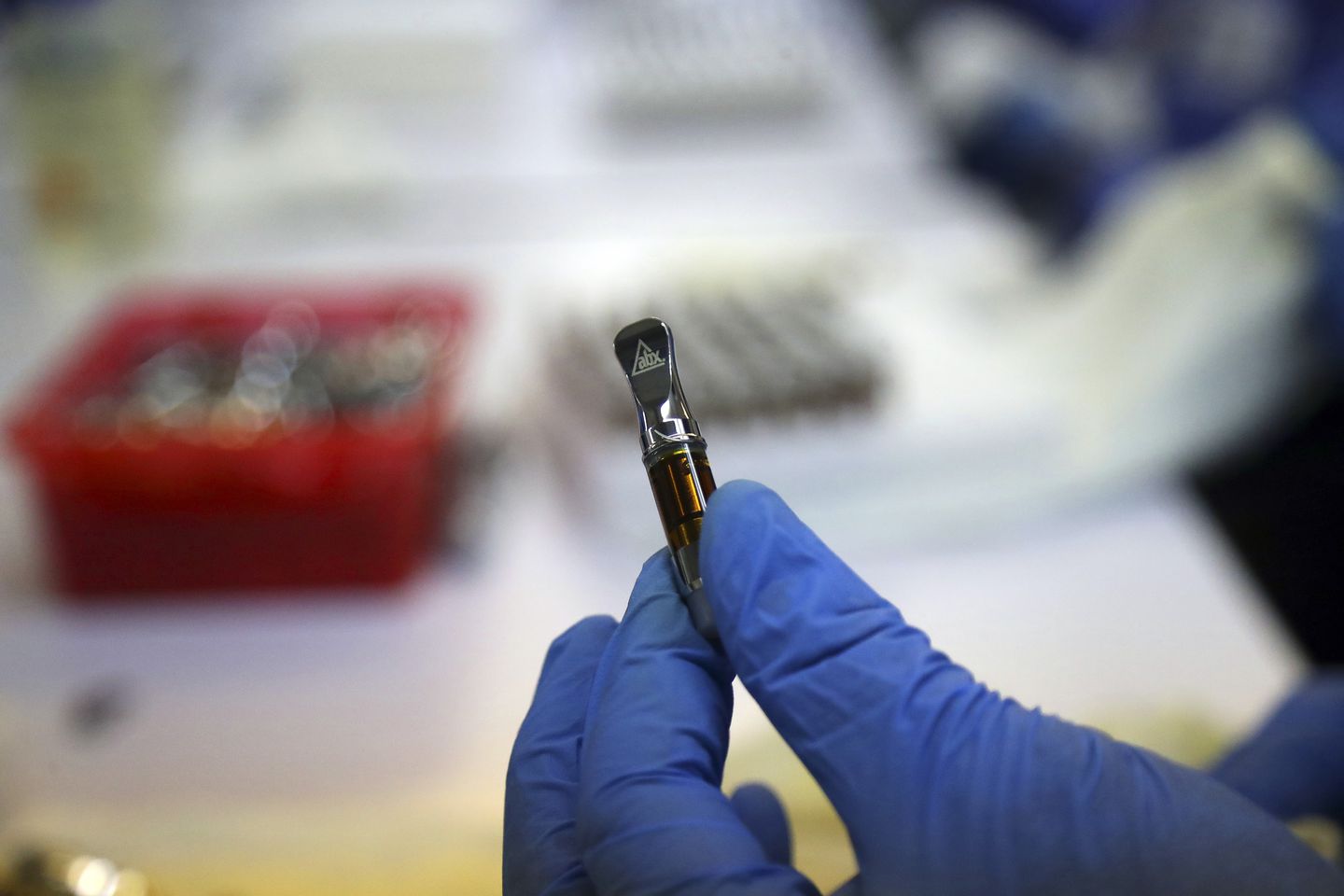Baron23
Well-Known Member
"Revenue Commissioner Christopher Harding said body cameras are a way to ensure a driver is not leaving a package by a front door or with a minor. “Especially in the infancy of the industry, we need to build faith and trust,” Harding said."
FFS...don't ya' just love a good bureaucrat?
Should Massachusetts require marijuana delivery drivers to wear body cameras?
Should drivers working for marijuana delivery companies be required to wear body cameras?
As the Cannabis Control Commission prepares to consider new regulations to govern the state’s marijuana industry, body cameras are emerging as a flashpoint in the debate over licensing delivery-only companies.
Until now, the commission has been granting licenses to traditional retail stores, growers and manufacturers. The new rules will establish a licensing process for the first time for delivery-only companies and marijuana cafes.
The draft regulations would require drivers for delivery companies in the recreational market to wear body cameras and record all deliveries. Consumers would be notified of the cameras. Video would be retained for 90 days and could be used in investigations by the police or state regulators.

Surveillance, home delivery, product bans: Massachusetts marijuana regulators grapple with tough issues as they rewrite rules
The Cannabis Control Commission will vote Thursday on draft regulations that will update the state’s medical and recreational marijuana rules and create entirely new segments of the industry.
At a meeting Tuesday, the Cannabis Advisory Board, a group of experts formed to advise the Cannabis Control Commission, voted 9-5 with two abstentions to recommend that the commission to eliminate the body camera requirement.
“We’re treating cannabis so differently than we’re treating alcohol,” said Shanel Lindsay, an attorney who started a marijuana-related business. “Body cameras seem to really be going above and beyond and treating this in a more restrictive way that leads to more costs for people to run a business.”
Lindsay noted that body cameras are not used by drivers who deliver alcohol. Committee member Kim Napoli, an attorney and director of diversity at a marijuana company, said drivers who deliver prescription medication or UPS or FedEx packages also do not wear cameras.
Revenue Commissioner Christopher Harding said body cameras are a way to ensure a driver is not leaving a package by a front door or with a minor. “Especially in the infancy of the industry, we need to build faith and trust,” Harding said.
Harding said the state already tracks marijuana from seed to sale. “This is an opportunity where this process could break down,” he said of deliveries.
Matt Allen, of the American Civil Liberties Union of Massachusetts, said spot checks could be used to check on drivers rather than body cameras, which he said raise concerns about privacy and access to data. He worried that federal law enforcement or immigration officials, for example, could access the videos. “In a golden age of surveillance, we have technologies proliferating much faster than policies that regulate them,” he said.
Andrea Cabral, a former public safety secretary who now heads a marijuana company, said mail deliverers have been caught stealing money, jewelry and private correspondence. No one has suggested they wear body cameras. “The need to build trust is a direct outgrowth of the prejudice and stigma that was attached by scheduling the drug to begin with,” Cabral said.
Public hearings on the draft regulations will be held Aug. 14 and 15.



